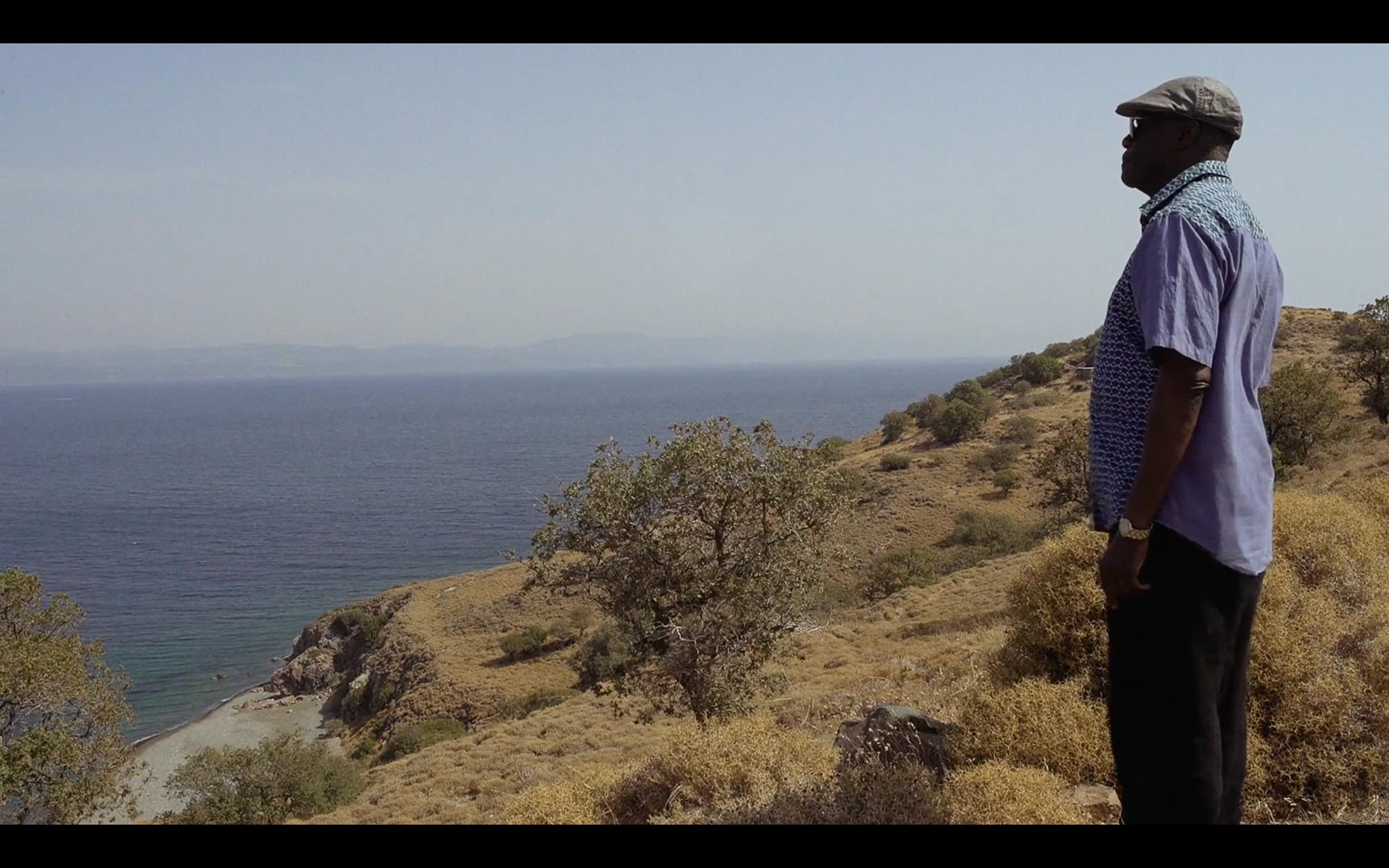In the virtual encounters from the series The voices of the artists, the curators of the 34th Bienal de São Paulo talk with some of the artists taking part in the exhibition, from Brazil and abroad, about the statements of the show – objects with remarkable histories around which the artworks are distributed in the exhibition, suggesting manifold poetic readings. Join us here!
The first encounter will be dedicated to the title of this edition of the Bienal, Though it's dark, still I sing [verse by the Amazonian poet Thiago de Mello (b. Barreirinha, 1926)], published as a namesake book by the author in 1965. From its first version, written between 1962 and 1963, the verse has already acquired different interpretations: from a hopeful ending line of the poem Madrugada camponesa [Peasant dawn] ("Though it's dark, still I sing / because the morning will come") – when the promise of an agrarian reform and other progressive projects seemed about to come true in Brazil – to a whisper of resistance in the worst years of the military dictatorship.
To understand what kind of reverberations this poetic statement can have in our current context, Jacopo Crivelli Visconti, chief-curator of the 34th Bienal, and Paulo Miyada, adjunct curator, talk in a live stream with one of the invited artists of this edition, Manthia Diawara (1953, Bamako, Mali), writer, cultural studies researcher, film director and professor of comparative literature and cinema. Diawara has written widely about films and literary works approaching the African Diaspora. Besides the live participation of Diawara, this encounter will include recorded interviews with the artists Carmela Gross (1946, São Paulo, SP), Edurne Rubio (1974, Burgos, Spain) and Zina Saro-Wiwa (1976, Port Harcourt, Nigeria). At the end of the event, questions by the audience will be answered.
Watch the live here:
-
Caroline A. Jones, Eyesight Alone: Clement Greenberg’s Modernism and the Bureaucratization of the Senses (Chicago: University of Chicago Press, 2005).
-
Greenberg’s Modernism and the Bureaucratization of the Senses (Chicago: University of Chicago Press, 2005).


